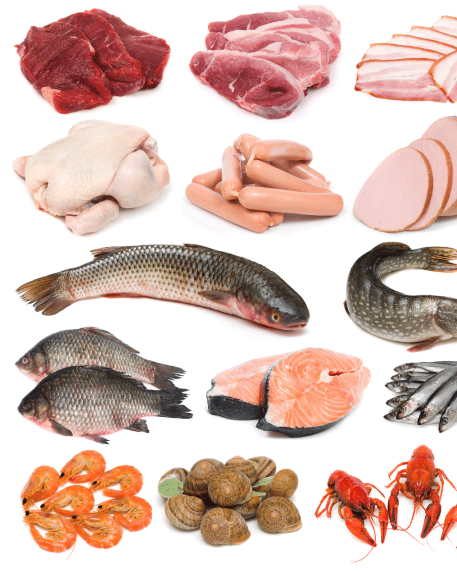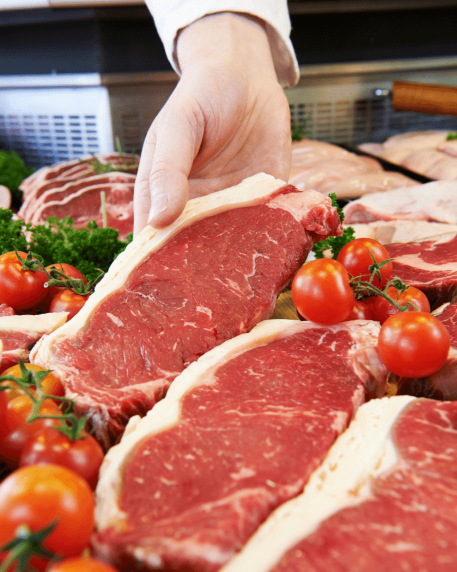Background
The client was a leading food producer with multiple manufacturing plants in the European Union (EU) and the UK.
At the start of 2020, the client (like many UK/EU companies) found preparation for Brexit complicated by the fact that there was no clear indication of what the outcome would be at the end of the transitional period. A Brexit withdrawal agreement was ratified and came into force on 1 February 2020. At this point companies, such as the client, should have commenced Brexit planning and restructuring of their business models to account for the UK no longer being in the EU.
The client identified that they needed an Interim Supply Chain Director to pull the requirements together and implement workable solutions for each international supply chain.

The Challenge
The Solution
Working as the Interim Supply Chain Director, Ian Simmonds conducted a detailed audit of all contracted haulage companies, to identify their readiness for post-Brexit shipping. The audit identified that most of the primary haulage companies had little or no arrangements in place and many were confused about their responsibilities within an international supply chain. The audit did identify that several of the secondary hauliers had more developed post-Brexit solutions in place and had been developing their services accordingly. A strategy to use a mix of different primary and secondary hauliers to service the client’s shipments after Brexit was implemented. In addition, new routings were added to utilise post-Brexit solutions.
Appropriate project documents were created to record the deliverables, identify risks and issues, benefits, goals and actions.
A weekly Brexit project team meeting was implemented, which identified and managed the operational issues. An Issue Register was created to identify issues and record them, so that these could be managed and progress tracked. Clear ownership was identified, and that person was tasked with managing, tracking, and closing each issue.
The most appropriate Incoterms were identified for each supply chain based on several factors, such as business registration, risks, transportation, destinations, customs formalities, and costs.
An Operations Manual was produced, this document mapped out the end-to-end export processes and the steps required post-Brexit.
Client Testimonial
"During Ian’s assignment as Interim Supply Chain Director, he was responsible for implementing international supply chain solutions to support the business with Brexit readiness. He managed the overall supply chain operations, including purchasing and inventory of raw materials, selection of vendors, and distribution of finished products. Ian provided and delivered a business strategy to ensure business continuity after Brexit. Ian has a friendly, passionate and professional approach to business and has been a pleasure to work with."
Operations Director


